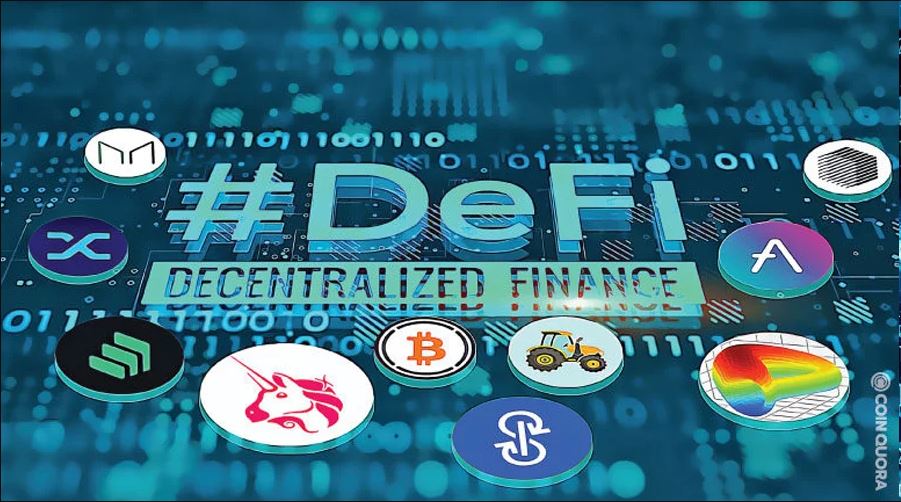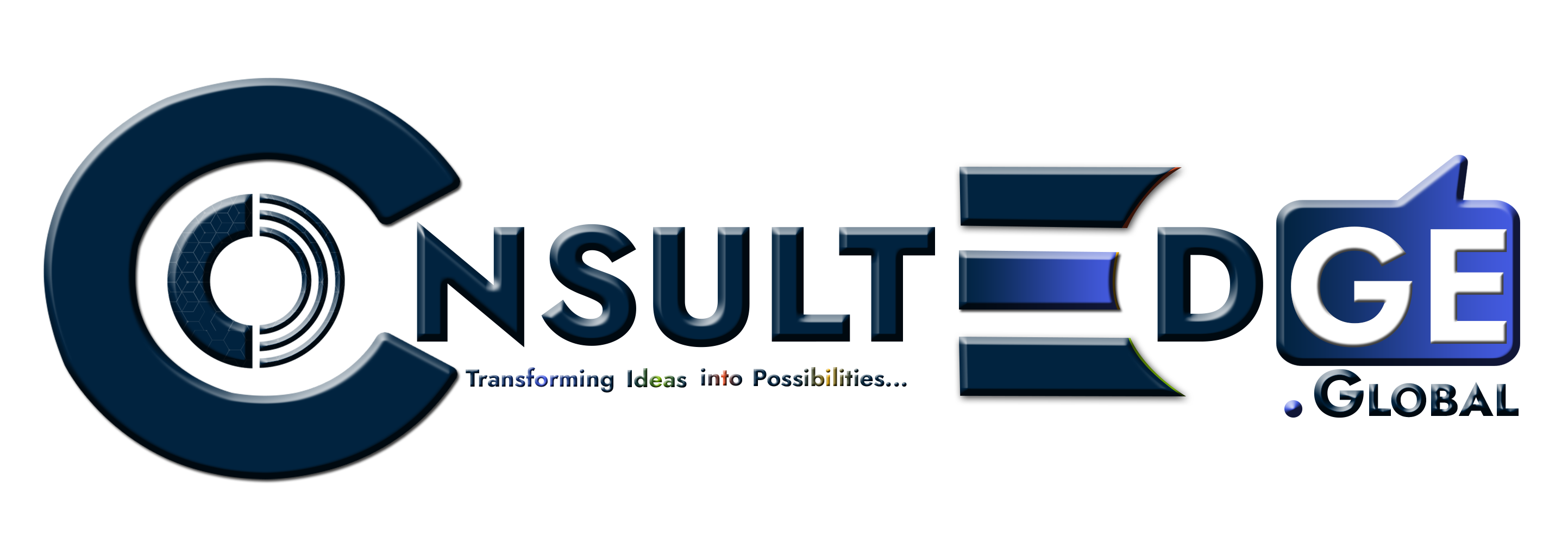Beyond Bitcoin: Unveiling the Transformative Potential of Blockchain Technology

While Bitcoin has been the poster child for blockchain technology, its applications extend far beyond the realm of cryptocurrency. Blockchain, at its core, is a revolutionary distributed ledger system that offers unparalleled transparency, security, and immutability. This transformative technology is poised to disrupt numerous industries, streamline processes, and empower individuals in ways we can only begin to imagine.
Demystifying Blockchain: A Distributed Ledger of Trust
Imagine a shared record book, accessible to all participants, where every transaction is meticulously documented and permanently stored. This is the essence of blockchain technology. Transactions are bundled into blocks, chronologically linked together, and cryptographically secured, making them tamper-proof. This distributed ledger eliminates the need for a central authority, fostering trust and transparency in a decentralized network.
Beyond Currency: A Spectrum of Applications
The use cases for blockchain extend far beyond facilitating secure financial transactions. Here’s a glimpse into the diverse applications transforming various sectors:
- Supply Chain Management: Blockchain allows for real-time tracking of goods throughout the supply chain, ensuring authenticity, provenance, and efficient logistics. Consumers can gain insights into the origin of products, and businesses can identify potential bottlenecks and optimize operations.
- Identity Management: Blockchain can revolutionize identity management by providing individuals with secure and portable digital identities. This eliminates the risk of identity theft and empowers individuals to control their personal data.
- Voting Systems: Blockchain-based voting systems offer enhanced security, transparency, and auditability. This reduces the risk of fraud and manipulation, fostering trust in the electoral process.
- Healthcare Data Management: Blockchain can secure sensitive patient data, enabling secure and efficient access for authorized personnel. Patients can also gain greater control over their medical records.
- Intellectual Property Protection: Blockchain can be used to register and protect intellectual property like copyrights and patents, ensuring ownership verification and preventing counterfeiting.
The Rise of Decentralized Finance (DeFi):
DeFi leverages blockchain technology to create a more accessible and transparent financial ecosystem. DeFi protocols enable peer-to-peer lending, borrowing, and trading without the need for traditional financial institutions. This fosters financial inclusion and empowers individuals to manage their finances independently.

The Future of Blockchain: A Symphony of Innovation
The evolution of robotic sensing and perception is far from over. Researchers are exploring new frontiers:
- Biomimetic Sensors: Drawing inspiration from nature, biomimetic sensors mimic the sensory capabilities of animals, like insect whiskers for object detection or bat echolocation for spatial awareness.
- Haptic Sensing: Granting robots a sense of touch will be crucial for tasks requiring fine manipulation or interaction with delicate objects.
- Sensor Fusion: Effectively combining data from various sensors allows for a more complete and nuanced understanding of the environment.
The Future of Robotics: A Symphony of Senses and Intelligence
The potential applications of blockchain technology are constantly expanding. Here’s a look at some exciting frontiers:
- The Internet of Things (IoT): Integrating blockchain with IoT devices can create a secure and tamper-proof network for data exchange, enabling innovative applications in areas like smart cities and connected logistics.
- Social Impact: Blockchain can empower individuals and communities. It can facilitate micro-donations, promote fair trade practices, and support decentralized governance models.
The Metaverse: Blockchain can play a crucial role in the metaverse, ensuring secure ownership of digital assets, fostering trust in virtual economies, and enabling seamless transactions within this immersive virtual world.
Challenges and Considerations:
Despite its immense potential, blockchain technology faces some challenges. Scalability, regulatory uncertainties, and the need for wider adoption are some hurdles that need to be addressed. However, ongoing research and development efforts are paving the way for a future where blockchain will be seamlessly integrated into our everyday lives.
Conclusion: A Technological Revolution in the Making
Blockchain technology is not just a technological marvel; it’s a paradigm shift. By fostering trust, transparency, and security in a decentralized manner, blockchain empowers individuals, revolutionizes industries, and ushers in a new era of collaboration and innovation. As we delve deeper into this transformative technology, exciting possibilities await, beckoning us to explore a future redefined by the power of blockchain.

